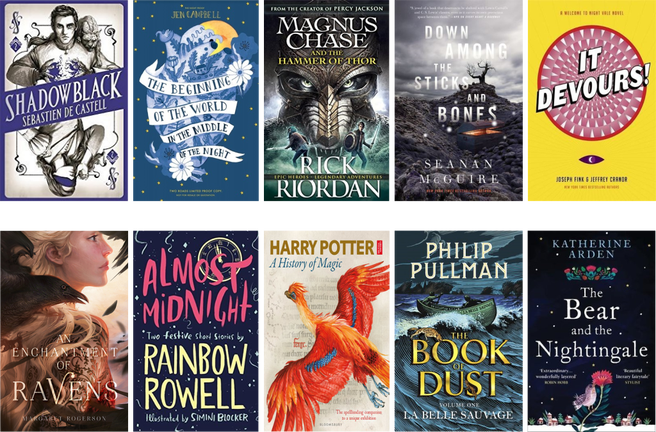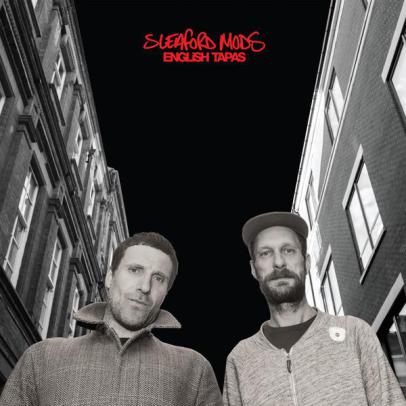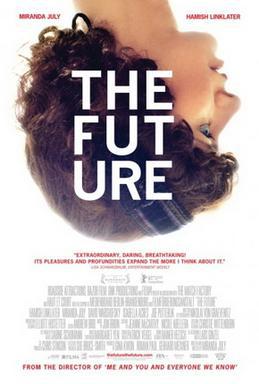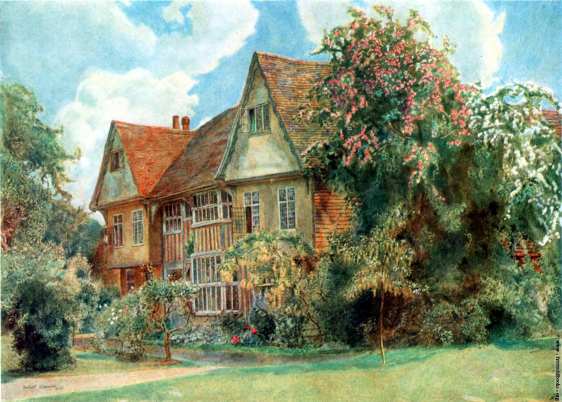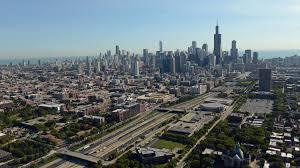 This is an edited version of the sermon I preached at Shepherd of the Bay Lutheran Church in Northern Door County, Wisconsin on Christmas Day, 2017. It’s based on the gospel lesson for the day, John 1:1-14.
This is an edited version of the sermon I preached at Shepherd of the Bay Lutheran Church in Northern Door County, Wisconsin on Christmas Day, 2017. It’s based on the gospel lesson for the day, John 1:1-14.
As a new resident of Door County, I want to tell you that I have fallen in love with this place. I love it here. But I can love more than one place, right. I also love downtown Chicago. I love the vibe, the buildings; I love Grant Park, the Lakefront. I love standing at Waterpower Place and looking up at the Hancock building, and the shops and stores along Michigan Avenue. I also love coming into Chicago on an airplane, when you can see the entire scope of the city, it’s vastness and also it’s lakeshore location. Two different views. One smack dab in the middle of the details of it all. The other the whole big city in one look.
That’s sort of the way it is with the two versions of the Christmas story. Last night, we heard Luke’s version of it — with the warmth and the very human angle of two young parents and their firstborn son, born in a cave with barnyard animals as the only witnesses. That’s the view up close.
This morning we get the view at 10,000 feet. Today, we hear the story of Christ’s entrance into this world on the grand cosmic scale. In the beginning was the Word, and the Word was with God, and the Word was God. John takes us back to the very beginning of time, to the creation of the universe, a grand action at which the pre-Incarnate Christ was a full participant. John goes way out on a limb and asserts that of all the things that have been created, none of it was created without his direct participation.
And then we get to this: And the Word became flesh and dwelt among us. Not just came alive, John says, but became flesh. The stuff of this human life, skin and bones and muscles and arteries and a brain and hair and toenails and lungs. This one, the Creator of the universe, the One whom the Greek Church calls Pantokrator, ruler of everything, became human with all that being human involves. That same Greek Church is fond of saying God became like us so that we might become like God.
Let me try a different take on this. You know what it’s like when you go to the zoo, right? You walk around on sidewalks to look at the animals as an observer. There are fences between you and the animals. And in some cases, there are big panes of glass between you and the animals. You watch them, but in most cases you cannot interact with them. And for the most part, you cannot smell them or touch them, or even hear them. While you may be near them, you do not interact with them. You are an observer.
God could have done that. And who would have blamed God. There is something messy about human life, our wrenching agonies and our chaotic ecstasies, our drama and our dysfunction, our brokenness and seeming inability to learn from our mistakes. Who could have blamed God for coming among us, not as a participant, but as an observer? At arm’s length. Ready to tell us something, but not to get God’s hands dirty. Ready with some hopeful future, but the story told from a distance, where God would not have to smell us or look into our heartbroken eyes or feel the pain of our diseases and sharp poke of our demons.
But that’s not how God came. He came and dwelt among us. That word could be translated, set up his tent among us. Slept on the same hard ground that we sleep on, cooked on the same campfire that we cook on, walked to the same latrines that we walk to, subject to the same burned fingers at the campfire and the same blisters from the hike that went a few miles too long.
And this one came to set up his tent among us as the Light.
I don’t know about you, but I need that Light. I feel the weight of the darkness. I feel the burden of the struggling who every time they think they are about to get a leg up, someone kicks it out from under them. I feel the pain of the way we castigate those whose skin is a different color or who come from a different place and speak a different language or who worship God differently than we do. I hear the stories of broken relationships and diseased bodies and empty checking accounts. Sometimes the darkness is overwhelming.
But there is light. And his name is Jesus. He came full of grace and truth. He came to show us that the darkness will not win.
There’s a song that has become important to me. It comes out of the struggle of Black South Africans in their struggle against apartheid. The text was written by Archbishop Desmond Tutu. The black South Africans went through dark days. But they could always sing of the light. And of the victory of the One who came to shatter the darkness.It’s not a Christmas song, but I want you to sing it with me. As much as any song or hymn, it captures the essence of the good news of these opening words of John’s gospel.
Goodness is stronger than evil, love is stronger than hate. Light is stronger than darkness, life is stronger than death. Victory is ours, victory is ours, through God who loves us.
The Word became flesh and dwelt among us full of grace and truth.
Share this: